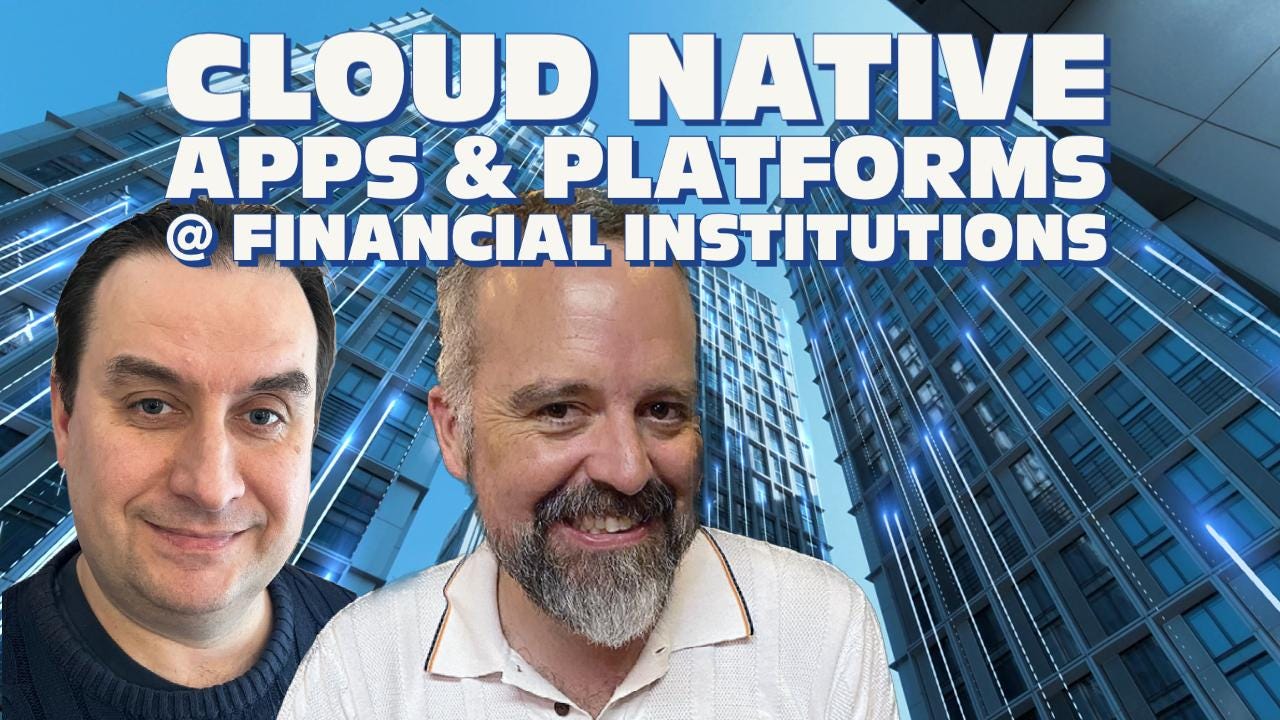Coté
A4 Issue 1 July 2022 – Notes from the Drawing Board - This kind of thing is fantastic.
How to Write a Book in Three Days: Lessons from Michael Moorcock - “There’s always a sidekick to make the responses the hero isn’t allowed to make: to get frightened; to add a lighter note; to offset the hero’s morbid speeches, and so on."
Throw someone a pep rally - Two thumbs up!
202306 - apenwarr - ’If you take a single pull request (PR) that adds a new feature, and launch it without tests or documentation, you will definitely get the benefits of that PR sooner. Every PR you try to write after that, before adding the tests and docs (ie. repaying the debt) will be slower because you risk creating undetected bugs or running into undocumented edge cases. If you take a long time to pay off the debt, the slowdown in future launches will outweigh the speedup from the first launch. This is exactly how CFOs manage corporate financial debt. Debt is a drain on your revenues; the thing you did to incur the debt is a boost to your revenues; if you take too long to pay back the debt, it’s an overall loss.’ Also: “Tech debt, in its simplest form, is the time you didn’t spend making tasks more efficient. When you think of it that way, it’s obvious that zero tech debt is a silly choice."
IT spending soars, generative AI investments barely leave a mark - These forecasts have been confusing in recent years. They’re always increasing, and yet the trends are always cost savings: ‘“Digital business transformations are beginning to morph,” said Lovelock. “IT projects are shifting from a focus on external-facing deliverables such as revenue and customer experience, to more inward facing efforts focused on optimization." The trend is reflected in where spending growth is highest. Gartner expects software, the fastest-growing segment, to achieve a double-digit growth rate of 14% on the year, as organizations reallocate spending to squeezing more value out of ERP and CRM applications, as well as other core platforms that deliver efficiency gains.’ // Also, yeah: with AI it’s way too early in the corporate planning and strategy cycle to be allocating lots of cash to it. It’ll just be small PoCs for at least a year.
No one has an “appetite for risk” - “I think there is a better way to express what we aim to express when we say ‘risk appetite.’ What we are talking about is the organization’s failure tolerance. How often is it okay for the organization to experience security failures? How big can the failures be (impact) and still be tolerable?"
If you’re so smart, why are we all still so dumb?
We’re back from a three day weekend in London for our anniversary. I tried very hard to eliminate all “productivity,” so I have very little to say today. I did want to ADVERTISE for a thing I have tomorrow. So I’ve gathered up some waste book for you today.
Wastebook
We should revise the Peter Principle not to be insulting (reached the level of your incompetence), but burnout driven: reached the level of being able to put up with more bullshit.
“I know my price. Because I developed my identity outside of work, there’s a cost that comes when work infringes upon it—if it ever costs me a larger part of my identity and my life, I know it’s not worth it.” Here.
I like systems that can be successfully applied, with only medium effort. It must be executable by many organizations, not just the exceptional ones. This principle weeds out the systems that sound good, but can never be done widely. It can be hard for the genius to come up with the perfect systems, but should be easy for us regular folk to implement it. This applies to individuals as well. Related:
If you’re so smart, why are we all still so dumb?
There’s tasks that need to be done by a date. And then there are tasks that have the potential to help me meet goals I don’t even know I have yet.
In praise of source cream - It is good. Despite growing up eating Tex-Mex, it is something I never really got into until recently.
Travel hack: you only have to keep the tray table up during landing and take off. So if you’re waiting for the plane to load and take off, you can put it down. I like to hunch over while I’m waiting, you know reading books or news or whatever. So I put the tray table down to lean on it.
This is a good book, and I enjoyed reading it.
Tomorrow Darran Rice and I are going to be talking about how cloud native apps can make your financial services strategy better. Plus, a little security, legacy software fixes, etc. Watch it live, July 19th at 3pm Amsterdam time, and you can ask questions. Or, just save it to watch later.
Upcoming
Talks I’ll be giving, places I’ll be, things I’ll be doing, etc.
July 19th Improving FinTech with cloud native think, speaking. July 19th Stop Tech Debt and Start Using Faster, More Secure Paths to Production. Sep 6th to 7th DevOpsDays Des Moines, speaking. Sep 13th, stackconf, Berlin. Sep 14th to 15th SREday, London, speaking Sep 18th to 19th SHIFT in Zadar, speaking. Oct 3rd Enterprise DevOps Techron, Utrecht, speaking.
Logoff
See y’all next time!
personal organization - “Here’s my one piece of advice about personal organization: (calendars, tasks, planning, tracking): Think hard about your needs, pick a system, and then do not under any circumstances change it until at least one full year has passed."
Checking In on the State of TDD - Great round-up or the current thinking and research! But: Kids these days! “Look at it this way: 19 out of 20 startups fail. That means that odds are that you will never see this code again. You’d be a fool to spend any more time on it than absolutely necessary.” This is the kind of advice that’s fine for failed startups. And maybe even strategic if you’re just looking for a valuations run-up cash-out. But for #20, you’re just building your own legacy trap for you or the company that awaited you. Also, for enterprises, it’s worse: a bank is going to have that code for a decade or more and will be fucked in three to five years if it’s not well tested.
Also, even for the startups you’re just passing that tech debt onto whoever acquired you. “Merry Christmas,” to your new coworkers as you’re sitting in the pool all those TDD-free options bought you, and your new pals are working through the holidays to add some simple code ther should have only taken 15 minutes…if only there was a way to verify that it didn’t break anything.
What the Government Email Account Hack Says About the Future of Cybersecurity - Always be securing all the things.

